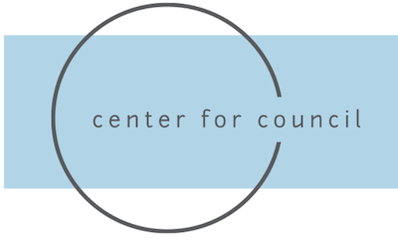|
“Given the profound consequences of loneliness and isolation, we have an opportunity, and an obligation, to make the same investments in addressing social connection that we have made in addressing tobacco use, obesity, and the addiction crisis.” - Dr. Vivek Murthy, 19th and 21st Surgeon General of the United States
June 12th-18th is Global Loneliness Awareness Week (GLAW), an annual campaign to bring international awareness to the crisis of social isolation and loneliness. Since the Marmalade Trust (a leading loneliness Charity in the United Kingdom) started GLAW in 2017, it has gained momentum both in the UK and internationally. Unsurprisingly, loneliness is something that most of us will experience at some point of our lives. Despite this, the consequences of prolonged or consistent feelings of loneliness or isolation are unfortunately often overlooked. Loneliness takes many different forms and can be caused by a number of different factors or catalysts. For example, specific life events, workplace situations, and a sense of disconnect from people in your life can all contribute to a feeling of loneliness. Beyond this, more often than not, you won’t know if someone else is lonely unless they express that. In 2018, BBC’s Loneliness Experiment revealed that the stereotype of older individuals being the loneliest was simply false; instead, 16 to 24-year-olds reported the highest levels of loneliness. With that said, every age range exhibited a significant proportion of individuals who regularly experienced loneliness. Today, loneliness in the United States has been classified a public health crisis both due to its widespread nature and the litany of adverse consequences stemming from it. Dr. Vivek Murthy, the current surgeon general, noted that recent studies reveal that one-in-two adults in America reported experiencing loneliness in his recent advisory. Beyond that, loneliness and social isolation can significantly affect your health as it can contribute to cognitive decline, heart disease, anxiety, depression, and many more health challenges. Fortunately, loneliness is very fixable and anyone can take immediate steps to feel better. Telling others how you feel, thinking about your own emotional and social needs, and making plans to start building those social connections are all great steps in combating loneliness. You can read the national advisory here. In his advisory, Dr. Murthy listed several strategies including participating in social and community groups, minimizing distractions during conversations, and actively engaging with people of different backgrounds and experiences. Here at the Center for Council, we offer Social Connection Councils (SCCs) where you get the opportunity to learn the basics of council, listen to each other without judgment, and speak from the heart. Previous participants report feeling more connected, grounded, and calm; moreover, they note how authentic and mindful the discussions were. These are just one of many different opportunities for all of us to work on combating this now widespread epidemic of loneliness. With loneliness becoming more and more relevant, it is now more important than others that we prioritize human connections. Be it through SCCs or other methods, there are many different ways that we can all prioritize our own and our community’s well being by committing to reconnecting with others. Fortunately, making connections with others is perhaps the most human skill. You can read the national advisory here. And register for a SCC here.
0 Comments
Leave a Reply. |
Categories
All
Archives
March 2024
|
|
|
About |
|






 RSS Feed
RSS Feed
